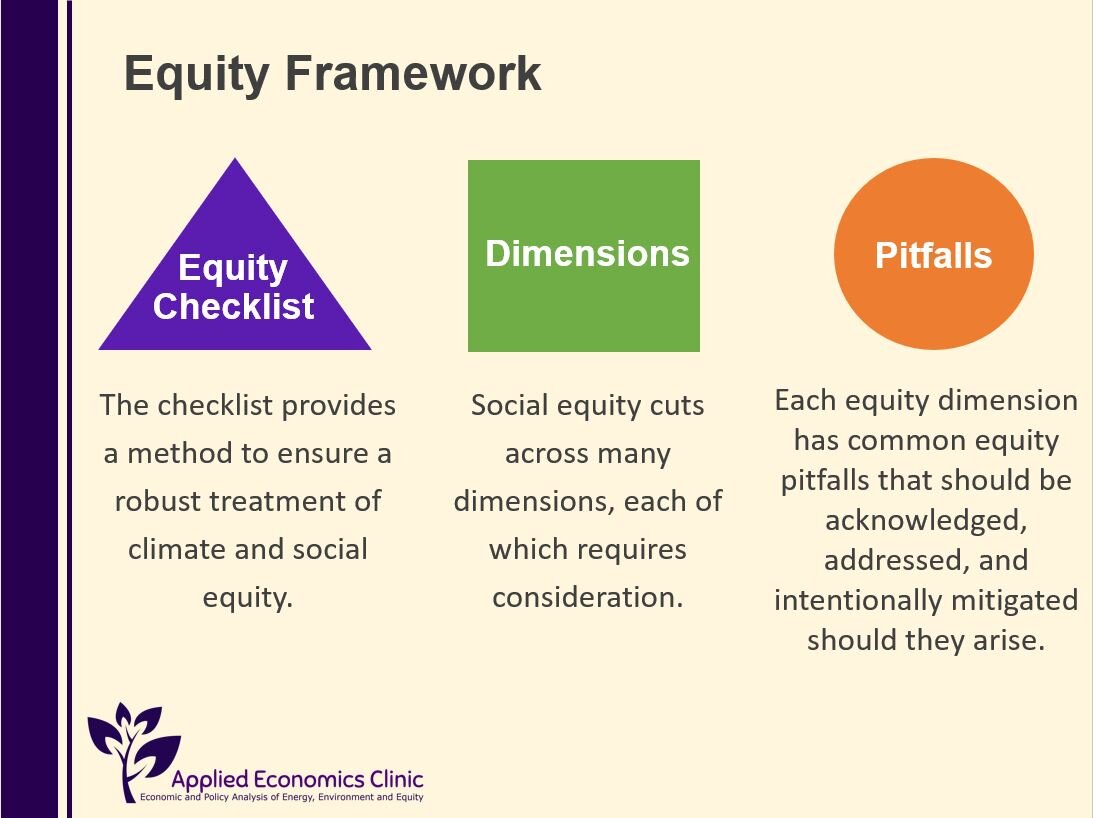Client: Green Ribbon Commission
Authors: Bryndis Woods, Liz Stanton, PhD, and Applied Economics Clinic Staff
December 2018 - May 2019
In May 2019, Applied Economics Clinic worked together with All Aces and the Institute for Sustainable Energy (ISE) at Boston University to produce Carbon Free Boston: Social Equity Report 2019 on behalf of the Boston Green Ribbon Commission (GRC). The report details how actions taken toward carbon neutrality, which will fundamentally transform the city’s buildings, transportation, waste and energy systems, will also affect socially vulnerable populations and provides a roadmap to equitably engage the City’s communities in climate action. The report finds that the path to carbon neutrality presents a unique opportunity to address historic inequities while creating a cleaner, healthier and more prosperous City for all those who live and work in Boston. Three themes defined the framework for the social equity analysis: 1) careful planning to avoid unintended consequences, 2) intentional design with a clear focus on equity outcomes, and 3) inclusive practices from start to finish in all decision making.
For more information, see Carbon Free Boston on The City of Boston’s website.
Link to Social Equity Report
Return to Our Work


